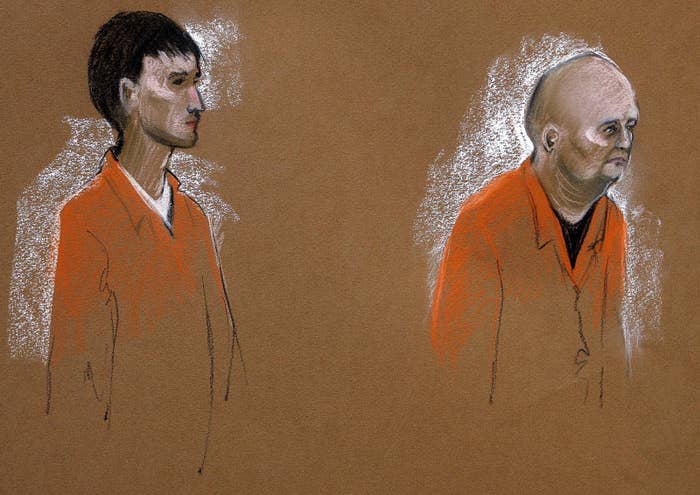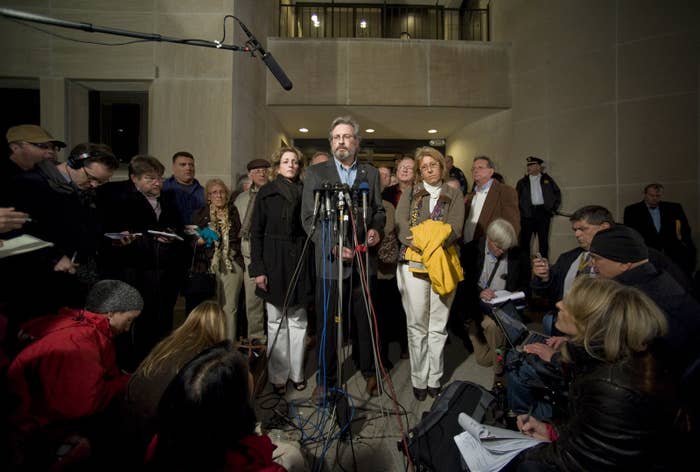
Connecticut's Supreme Court on Thursday found the death penalty to be unconstitutional, sparing the life of 11 men on death row – including the two convicted in the kidnapping and deaths of the Petit family, a brutal crime that still haunts the state.
Steven Hayes and Joshua Komisarjevsky were sentenced to death in 2010 and 2012, respectively, for the deaths of Jennifer Hawke-Petit and her daughters Hayley, 17, and Michaela, 11, during a home invasion in Cheshire in 2007.
The Connecticut legislature repealed the death penalty for future sentences in 2012, but kept open the possibility of those sentenced before 2012 to be executed. On Thursday, the court ruled that “new insights” along with the legislature’s ban show that “the death penalty no longer can be justified as a necessary of appropriate tool of justice.”
“We are gratified by the court’s decision, which was compelled by the rule of law,” John Holdridge, the attorney handling Komisarjevsky’s appeal, told BuzzFeed News.
Thursday's ruling cites the murders, stating that there is "overwhelming evidence that the perpetrators in the Cheshire case ... were the principal targets of the decision to retain the death penalty retroactively."

Komisarjevsky and Hayes followed Hawke-Petit and her daughters home as a planned robbery. Both men raped Hawke-Petit and Michaela, the younger daughter. Hayes strangled the mother, while the two young girls died of smoke inhalation when they were left tied up as the men doused the house with gasoline and set it on fire.
Hawke-Petit’s husband and the girls’ father, William Petit, survived the attack and was able to escape despite being beaten with a baseball bat and tied to a pole in the house’s basement.
“I never thought it would happen, that we would see them die, but I always thought that there would be a punishment that fits the crime,” Ciny Renn, Hawke-Petit’s sister, told the Hartford Courant on Thursday. “I don’t think that will ever happen now in this case.”
Two years ago, Hayes apologized for his actions, telling the New Haven Register he spends his days pacing his cell with “guilt, shame, and remorse.”
“It’s in my head all day and all night,” he said. “I’ll never forgive myself for that. I don’t deserve to live. I don’t want to live.”
